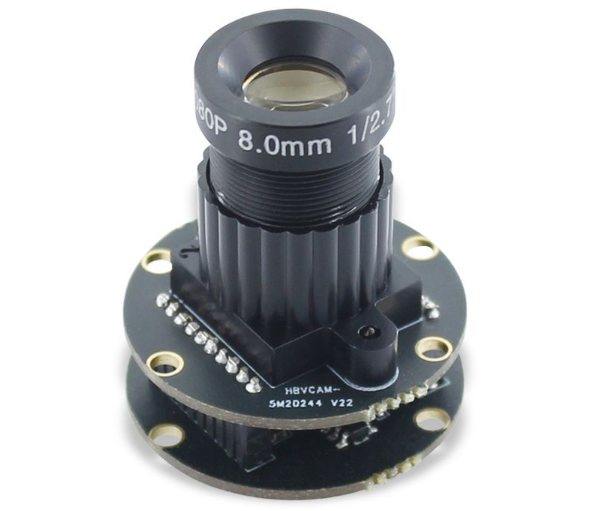Selecting the ideal industrial camera module is a critical decision for businesses and manufacturers who rely on imaging technology for various applications. From quality control and inspection to automation and robotics, the right camera module can significantly enhance efficiency, accuracy, and performance. This comprehensive guide will walk you through the essential factors to consider when choosing an industrial camera module, ensuring you make an informed decision that meets your specific needs.
An industrial camera module is a specialized imaging device designed for use in challenging environments and demanding applications. Unlike consumer-grade cameras, industrial camera modules are built to withstand harsh conditions, provide high-resolution images, and integrate seamlessly with various industrial systems.
1. Durability: Designed to operate in extreme temperatures, high humidity, and dusty conditions.
2. High Resolution: Capable of capturing detailed images for precise analysis.
3. Fast Frame Rate: Essential for capturing fast-moving objects without blur.
4. Connectivity: Options for USB, Ethernet, and other industrial interfaces for easy integration.
5. Customization: Ability to modify settings and features to suit specific applications.

The first step in selecting the ideal industrial camera module is to define your application requirements. Consider the following questions:
- What type of objects will you be imaging?
- What level of detail is necessary?
- Are there any specific environmental conditions the camera needs to withstand?
- What is the required frame rate?
Understanding these requirements will help narrow down the options and focus on cameras that meet your needs.
Resolution is a critical factor in selecting an industrial camera module. Higher resolution cameras capture more detail, which is essential for applications like inspection and quality control. However, higher resolution also means larger file sizes and potentially slower processing times. Balance your need for detail with your system’s processing capabilities to find the right resolution.
The frame rate, measured in frames per second (fps), determines how many images the camera can capture in one second. For applications involving fast-moving objects, such as robotic assembly lines or high-speed inspections, a high frame rate is crucial to avoid motion blur and ensure accurate image capture.
The type and size of the camera sensor significantly impact image quality and performance. CMOS sensors are commonly used in industrial cameras due to their high speed and lower power consumption. Larger sensors generally provide better image quality, especially in low-light conditions, but they may also increase the camera’s size and cost.
Industrial camera modules offer various connectivity options, including USB, Ethernet, and Camera Link. Choose a camera with a connectivity option that is compatible with your existing systems and infrastructure. Additionally, consider the ease of integration with your software and hardware, as well as the availability of drivers and SDKs for custom development.
Industrial environments can be harsh, with exposure to dust, moisture, extreme temperatures, and vibrations. Ensure that the camera module you choose is rated for the environmental conditions it will encounter. Look for features such as IP ratings for dust and water resistance, as well as rugged housings to protect against physical damage.
Different applications may require specific features or customizations. Look for camera modules that offer flexibility in terms of settings, lens options, and mounting configurations. The ability to customize the camera to your specific needs can significantly enhance its performance and usefulness.
Industrial camera modules are widely used in quality control and inspection processes. They can detect defects, measure dimensions, and ensure products meet specifications, improving overall product quality and reducing waste.
In automation and robotics, camera modules are used for machine vision applications. They enable robots to identify, pick, and place objects accurately, increasing efficiency and reducing errors.
Industrial camera modules are also used in medical imaging applications, such as microscopy and diagnostic imaging. High-resolution cameras provide clear and detailed images, aiding in accurate diagnosis and research.
For surveillance and security applications, industrial camera modules offer reliable performance in monitoring and recording activities. Their durability and high image quality make them ideal for critical security operations.
Selecting the ideal industrial camera module involves careful consideration of various factors, including application requirements, resolution, frame rate, sensor type, connectivity, and environmental conditions. By understanding these factors and evaluating your specific needs, you can choose a camera module that enhances your operational efficiency and meets your imaging requirements.
For more detailed information or if you are looking for a reliable supplier, feel free to contact us. Our experts are ready to assist you in selecting the best industrial camera module for your application.